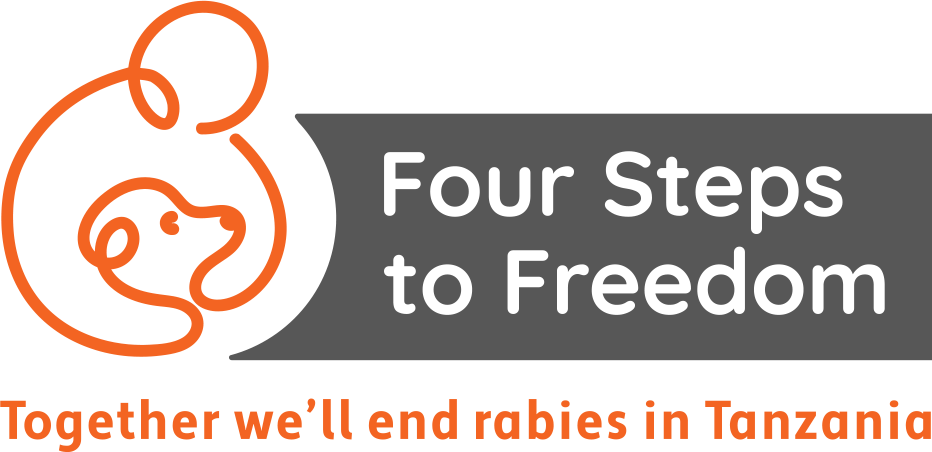Ian Paterson, Veterinary Surgeon, Scotland
February 2025 saw me visiting Mbwa wa Africa Animal Rescue and Clinic as a veterinary surgeon for the 7th time since 2021.
Five of these visits, including the most recent, have been as a volunteer with Worldwide Veterinary Service charity on their annual vaccination and surgical campaigns whereas I have also made two longer trips to assist with the running of the clinic and provide some teaching services.
Over the last four years I have seen the premises develop significantly with the financial input provided by Four Steps to Freedom. On my first visit we were operating (literally!) out of a small pre-existing building which lacked running water and electricity, there were very limited kennelling facilities and a lack of fencing or dog exercise facilities. Over the following years the clinic has developed dramatically with the continued funding provided.
Following the modernisation of the existing building, which allowed the team to immediately provide veterinary care to the animals of the region, the need for advanced kennelling was recognised. A large block of holding kennels and smaller block of hospital kennels were constructed. The holding kennels have proved essential to process the large number of dogs admitted during the various surgical campaigns that take place at Mbwa wa Africa throughout each year. It is absolutely essential to have an organised system and adequate space to carry out these campaigns. Not only are the holding kennels vital but also the organisational and logistics skills of the staff employed. The hospital kennels are equally important since they enable the clinic to hold on to in-patients that require extended treatment stays which allows ongoing assessment of their recovery.
In addition to these kennel areas the construction of two separate specialised blocks has been pivotal in the development of Mbwa wa Africa clinic. Both quarantine and isolation kennel buildings have been constructed over the last two years and are now in full use.
Having witnessed first hand an outbreak of the deadly parvovirus prior to these buildings’ construction I can vouch 100% for their necessity.
The most obvious development has been the construction of the large new veterinary building which I have observed going from the basic foundations to the almost complete structure that stands today. This year and last year we were able to use the large unfinished operating theatre in the building and it has proved invaluable during the high volume neutering and surgical campaigns since it allows us to perform all parts of the surgical procedures (preparation for surgery, surgery and recovery) in the same space. The completion of this building followed by its equipping and staffing should provide a fantastic resource for the animals of the region and beyond.
One aspect of my repeat visits to the clinic is the ability to be able to teach the young Tanzanian veterinary and para veterinary graduates that volunteer or are employed at the clinic. This year it was a pleasure to help train both Joshua, a veterinary graduate, and Haika, a para vet, as they begin their fledgling careers. Mbwa wa Africa is actively involved in training these young local veterinary personnel and I feel this is a very important part of what the clinic offers to the local community. Anna, a young vet who served an internship at the clinic last year (and was learning basic surgery one year ago) is now employed at the clinic full time and it was fantastic to work with her again this year. Anna was able to undertake some more advanced surgeries under my tuition, something which I find very rewarding and a sustainable use of the skills that we as volunteer vets form the UK can offer.
With continued investment and development it will be wonderful to see this project reach its goal of becoming a centre of veterinary excellence for the region.
